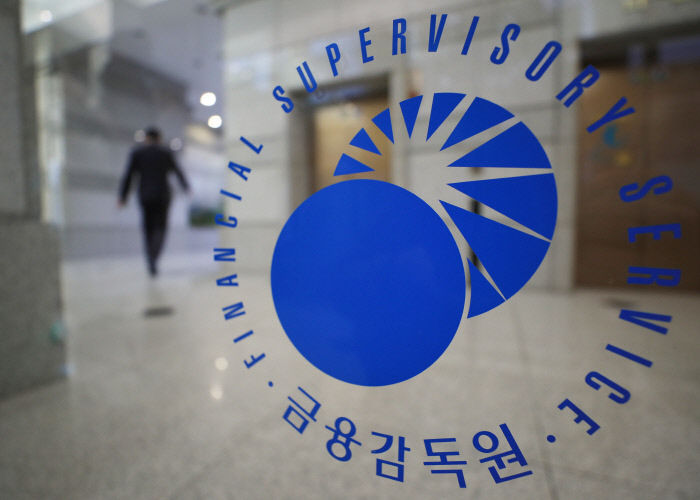Authorities slash subsidies for foreign banks over ‘passive’ approach toward low-rate lending program
By Bae HyunjungPublished : May 17, 2020 - 17:40

South Korea’s financial authorities have slashed government subsidies for foreign banks that they view as “passive” toward the need to support small businesses hit by COVID-19, officials said Sunday.
The amounts withheld from foreign banks will be reallocated to five major local lenders to maximize the availability of state-funded low-rate loans for cash-strapped business owner-operators.
Starting Monday, seven major banks here are accepting loan applications from owner-operators who face liquidity shortages amid the prolonged fallout from COVID-19, according to the Financial Services Commission and the Korea Federation of Banks.
The list of lenders comprises Shinhan Bank, KB Kookmin Bank, KEB Hana Bank, Woori Bank, the Industrial Bank of Korea, NH NongHyup Bank and Daegu Bank. Other regional banks such as Busan Bank, Kyongnam Bank, Kwangju Bank, Jeonbuk Bank and Jeju Bank will follow suit, starting in mid-June.
The lending program is based on the government’s 10 trillion won ($8.1 billion) emergency fiscal relief program, launched to provide 1 million businesses with low-rate loans of up to 10 million won.
While applications may be submitted at physical bank branches, banks recommend applying online in light of social distancing rules.
Because the screening process involves examining an applicant’s credit rating and other financial information, borrowers are encouraged to deal with their primary creditor banks, the institutions where they probably carry out the most transactions.
Those who have defaulted on their taxes or have records of overdue payments will be excluded.
Meanwhile, the authorities cut the maximum amount set aside for interest rate gap subsidies for the two leading foreign-headquartered banks operating here. The government provides lenders with these subsidies to make up for losses from ultralow-interest lending programs.
Citibank Korea saw its subsidy ceiling nose-dive from 2.5 billion won to 300 million won. For Standard Chartered Bank Korea, the ceiling was lowered from 3.3 billion won to 500 million won. The 5 billion won the government saved as a result was reallocated equally to KB Kookmin, Shinhan, Woori, KEB Hana, and NH NongHyup.
Under the previous subsidy limits, Citibank Korea was capable of issuing 146 billion won worth of loans through the special low-rate lending program. SC Bank Korea could lend out 190 billion won through the program.
But the two banks each lent out only around 10 billion won, with the interest rate set at 7.8 percent for SC Bank Korea and 5 percent for Citibank Korea -- visibly higher than the 3.83 percent average anticipated by the FSC.
The state-funded lending program allows borrowers to pay interest equivalent to only 1.5 percent of the principal during the initial year. But once the state subsidy to make up for the interest rate gap is terminated, they have to pay the full amount.
“Small business operators tend to prefer major (local) banks when applying for loans, so we have been seeing relatively low demand for state-subsidized low-rate lending,” said an official from SC Bank Korea, denying that it held a passive stance toward the government lending program.
Citibank Korea too said it had conformed to the government policies and guidelines.
By Bae Hyun-jung (tellme@heraldcorp.com)



![[Exclusive] Korean military set to ban iPhones over 'security' concerns](http://res.heraldm.com/phpwas/restmb_idxmake.php?idx=644&simg=/content/image/2024/04/23/20240423050599_0.jpg&u=20240423183955)

![[Graphic News] 77% of young Koreans still financially dependent](http://res.heraldm.com/phpwas/restmb_idxmake.php?idx=644&simg=/content/image/2024/04/22/20240422050762_0.gif&u=)



![[Pressure points] Leggings in public: Fashion statement or social faux pas?](http://res.heraldm.com/phpwas/restmb_idxmake.php?idx=644&simg=/content/image/2024/04/23/20240423050669_0.jpg&u=)









